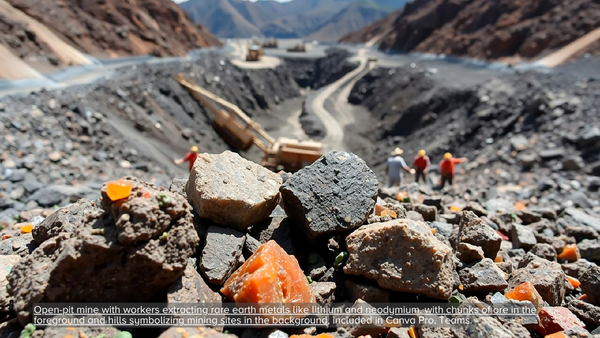On Tuesday April 29, FNV Mondiaal, Labour Action China and the GoodElectronics Network organised an expert meeting on the issue of chemical poisoning in China. The discussion especially focused on benzene, a highly carcinogenic chemical that is used in different industrial processes in electronics, toys and furniture manufacturing. According to Labour Action China, western companies have double standards: they abide by the law in Europe, but have no problem exposing their Chinese employees to hazardous substances.
On Tuesday April 29, FNV Mondiaal, Labour Action China and the GoodElectronics Network organised an expert meeting on the issue of chemical poisoning in China. Participants to the meeting included Dutch trade union representatives, NGOs and other experts with a professional interest in manufacturing in China. Unfortunately, companies and government authorities did not pick up the invite. The discussion especially focused on benzene, a highly carcinogenic chemical that is used in different industrial processes in electronic s, toys, shoe and furniture manufacturing. According to Labour Action China, western companies have double standards: they abide by the law in Europe, but have no problem exposing their Chinese employees to hazardous substances.
The Labour Action China (LAC) delegation was supposed to be with 3 people, but one of them was denied an exit visa. Victim-turned-activist Yi Yeting, who suffers from leukemia from working in toxic containers, was told by government authorities that he was “not qualified” to leave the country. He did, however, join the meeting via Skype. In the three-hour session, the participants listened to his first-hand account, learned about the ‘Ban Benzene Campaign’ initiated by LAC and discussed what more could be done to address this problem.
The human cost
During the meeting, two short documentaries by American filmmaker Heather White were screened; ‘Who pays the price. The human cost of electronics’ presents the personal stories and struggles of workers who fell ill as a result of exposure to chemicals in China. The second video portrays factory worker Ming Kunpeng who worked for ASMPT, a Shenzhen-based factory in which Dutch electronics company ASMI holds an important minority share (40%). In 2009, Ming fell ill with leukemia and in 2013, at the age of 27, he took his own life, out of despair with his deteriorating health and the failing medical care.
The distress from getting diagnosed and living with the leukemia has also had its effects on Yi Yeting. It took him 22 months of fighting - the factory he worked for reportedly bribed the hospital – to get the diagnosis of work-related leukemia. Now, he’s had more than 28 chemotherapy sessions and is getting drug resistant. Nevertheless, he is helping other sick workers with legal advice; much to the discontent of Chinese authorities. Yi describes how he is monitored by the National Security Agency. “The incident yesterday at the border does not stand alone. I’m constantly pressured and harassed.”
Invisible killer
Yi personally recorded 200 different cases of workers who fell ill due to benzene-exposure. Official statistics on benzene-induced illnesses are not available. According to Suki Chung of LAC, five million workers in the province Guangdong, China’s industrial hub, are exposed to chemicals every day. The problem is that most workers are not aware of the dangers. They don’t know what benzene is or what health risks they incur. Many have a rural background and little education. When they fall ill, they don’t realize it could be work-related. Those who can get a diagnosis are very lucky; but the rest remains invisible.
The way forward
FNV Policy Advisor Wim van Veelen provided the necessary legal background to the discussion at the meeting. According to the European legal framework on Occupational Health and Safety (OHS), there are 4 key steps companies should take: set limit values for carcinogenic substances; enforcement of these values; provide workers with correct information and training; and provide personnel protective equipment. Van Veelen spoke about alternatives for benzene. In Europe, benzene is often replaced by xylene or toluene. Though these substances are not human carcinogens they are still dangerous. Therefore, monitoring of the use is very important. Government authorities and the labour inspectorate have a key role to fulfill, he argued.
Media attention
What is most needed right now, LAC concluded, is involvement of companies and media attention. LAC’s participation in the GoodElectronics and FNV organised expert meeting in Amsterdam is part of a broader campaigning tour through Europe.
Dutch media picked up on the issue: Wednesday 16 April, tv-show EenVandaag broadcasted an item on benzene; Tuesday 29th, NOS news made an item on the expert meeting. The biggest Dutch daily, De Telegraaf, also carried an article.
Now, it is important to get companies around the table. Companies are often reluctant to dialogue but as key players they need to take their responsibility.
SOMO recently released a report on Dutch-based ASMI, the company where Ming Kunpeng got ill.










